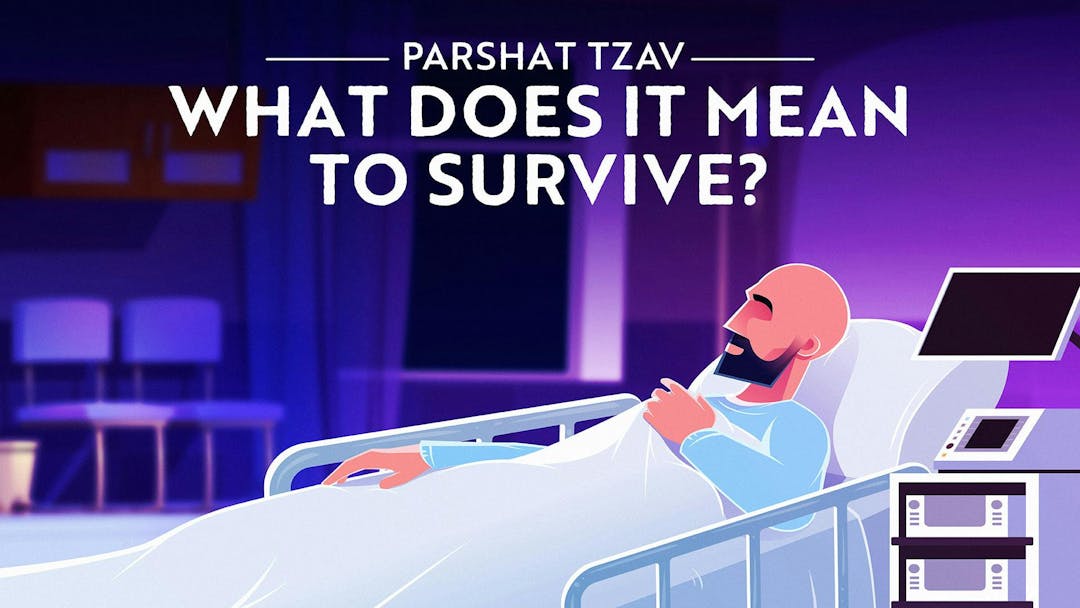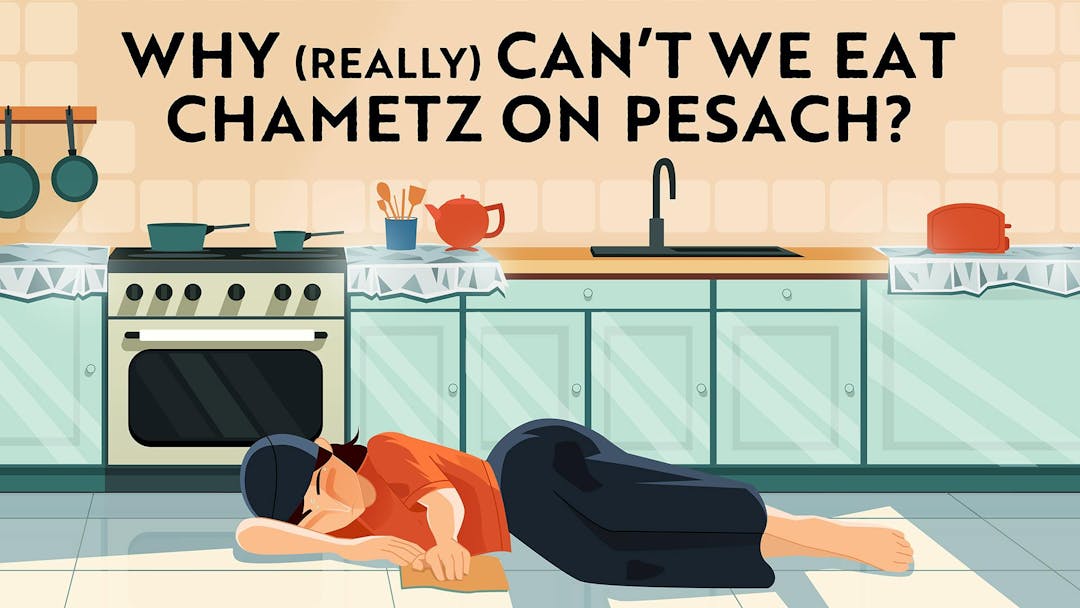Start your free trial today to unlock the full library and enjoy unlimited and uninterrupted access.
Get StartedIs Chametz About Passover...Or The Tabernacle?
The Real Meaning Of Chametz
The Torah tells us that on Passover we must refrain from owning or eating chametz. But for some reason, in Parshat Tzav, we're told an additional wrinkle about chametz. Tzav brings us deeper into offerings, the Tabernacle, the role of the priests... and we're given laws about chametz. Wait, what? For some reason, the Torah prohibits us from bringing chametz with offerings on the altar. And that’s bizarre. Isn't chametz about Passover?
Apparently this isn't a law about Passover; chametz has always prohibited from being on the alter. What could chametz possibly have to do with offerings? Join Rivky for this video, as she dives deeper into the laws of chametz and sacrifices, and in doing so, helps us understand how we can possibly relate to the minutiae of Mishkan offerings today.
For related videos, see: Tzav Parsha Lab podcast
For more on sacrifices, click here.
For Bikkurim, click here to see this video on Parshat Ki Tavo.
For understanding milk and meat click here and to see this epilogue to Mishpatim click here.
What is Aleph Beta?
Aleph Beta is a unique kind of Torah library. Led by our founder, Rabbi David Fohrman, we are dedicated to high-level, textual Torah learning for adults that is intellectually and spiritually sophisticated, that enlivens your Jewish practice and helps you forge a deeper connection to God. Whether you’ve been learning in yeshiva for years or you’re just beginning your Torah journey, you’re sure to find something meaningful and surprising waiting for you here.
Browse our library of over 1,000 beautifully produced animated videos, podcasts, deep dive courses, and printable guides. Topics include the weekly parsha, Jewish holidays & fast days, laws & mitzvot, prayers, relationships, big philosophical ideas and more. Have something to say at the Shabbos table that will amaze your family and guests and bring deep meaning into their lives.











